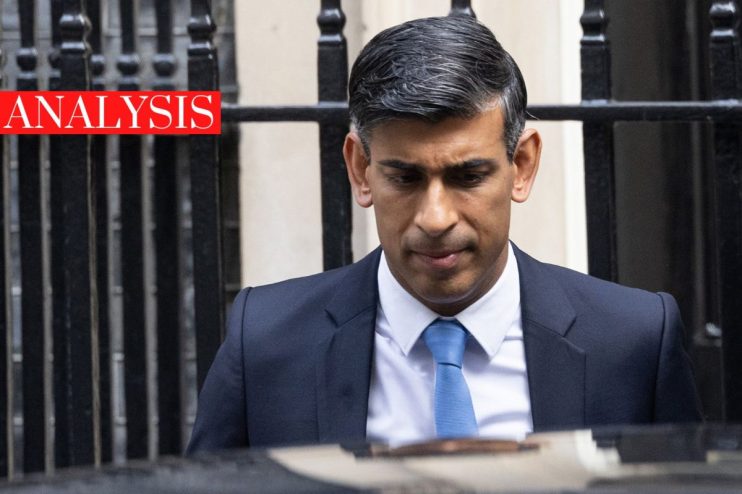If we ever manage to do it, breaking up the Treasury would be a breath of fresh air

Treasury brain has become one of the ultimate insults of Whitehall, but slimming down the power of No11 Downing Street has defeated almost every prime minister, writes Simon Neville
The Treasury is arguably the most powerful department in Whitehall. It holds the purse strings for every other department and its staff vastly outnumbers those working for the Prime Minister.
So, good luck to former Cabinet minister, Lord Maude of Horsham, as he presents plans to break it up, separating out tax and macroeconomic decisions from departmental budget decisions, according to reports.
The idea makes sense and would certainly go a long way to improving the function of Government, where every department head can see years of planning and projects ripped apart should the Treasury decision it no longer wants to fund it.
It would also be a far more meaningful move in improving Government operations than the window-dressing changes of renaming departments or shifting operations to different parts of the country.
Businesses have been screaming out for consistency and certainty so they can plan for a brighter future after the cost-of-living crisis. But too often Government has been accused of failing to provide the stability needed – spooking domestic and global investors as they decide where to put their cash.
But Lord Maude will have a fight on his hands if he hopes to shift attitudes at the Treasury, especially when you consider the recommendations he’s put forward have already been presented and rejected in the past.
Harold Wilson tried to reform it in 1964, introducing the Department for Economic Affairs. It was abolished just five years later and subsumed into the Treasury again.
Tony Blair’s attempts at the height of his feud with his Chancellor Gordon Brown, led to the appointment of former BBC Director General Lord Birt to conduct a review.
Like Maude, he also concluded the Treasury should see departmental spending decisions taken away from Number 11, with its responsibilities linked to macroeconomics and taxes.
The only change from Birt’s review, Brown gleefully recalls in his memoirs, was the renaming of the Department of Trade and Industry (DTI) to the Department for Productivity Energy and Industry.
It was quickly changed back a week later after it was pointed out the acronym was being pronounced “dippy”.
Attempts for similar reforms by Thersea May’s chief of staff, Nick Timothy, came to nothing following the disastrous 2017 election where the Conservatives lost their majority.
Boris Johnson’s chief advisor Dominic Cummings also tried his hand at reform, leading to a public bust-up with Sajid Javid over attempts to control special advisors in the Treasury.
In fact, the only real changes the department has seen have come from within and typically as soon as a new party takes power.
Brown’s first act was granting independence to the Bank of England – removing the Treasury’s power to set interest rates, whilst George Osborne set up the Office for Budget Responsibility (OBR), meaning the department could no longer mark its own homework on the impacts of spending decisions.
Therefore, it will be interesting to see whether Rachel Reeves, as Chancellor under a Labour Government if successful at the next election, will take a similar approach of scything the Treasury’s power from day one and showing businesses the in vogue mantra of “strong and stable” could actually be a reality.